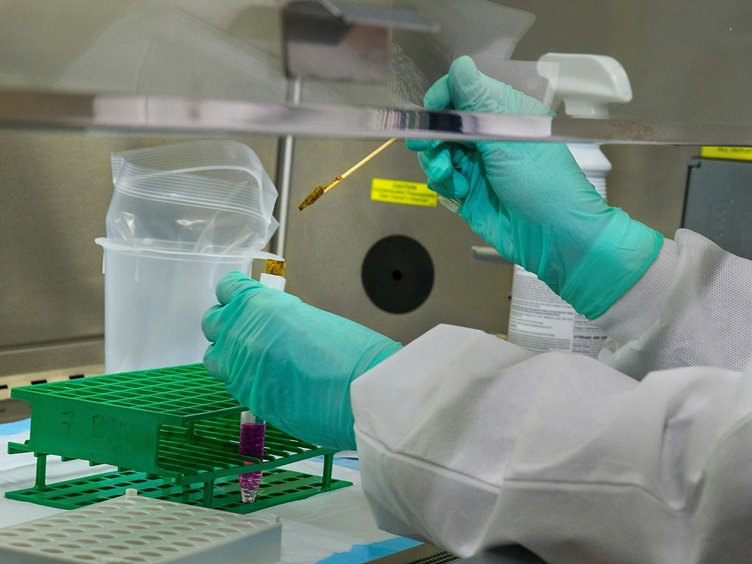Overview
Healthcare feels like it’s always under stress. Costs climb higher, populations get older, and new health problems keep surfacing. Doctors and hospitals do what they can, but the system often feels stretched thin.
This is why researchers keep pushing into new frontiers. One of those frontiers is synthetic biology. It is not just theory anymore. It is starting to show up as a real force in medicine. Some call it the next big leap. Others see it as a way to fix problems that have lingered for decades. Either way, it is hard to ignore.
What It Actually Means
At its core, synthetic biology is about designing life in new ways. It involves building or reprogramming systems to act with purpose. That may sound like science fiction, but it is already happening inside labs across the globe.
Through carefully structured synthetic biology experiments, researchers are learning to engineer cells. These cells can produce materials that would be tough or expensive to make by other methods. The process feels both creative and technical at the same time. Instead of only relying on chemistry, this field borrows the logic of engineering and blends it with biology.
Cutting Costs on Medicine
One of the biggest barriers in healthcare is price. Treatments exist, but many people cannot afford them. Synthetic biology changes the math. Microbes can be tweaked to make complex molecules that form the base of key medicines.
Once set up, these systems can produce at scale. The need for scarce resources drops, and costs can fall. The idea of affordable insulin, vaccines, or cancer drugs is no longer a dream. For patients, that means relief from overwhelming bills. For health systems, it means less strain on limited budgets.
A Greener Way Forward
Healthcare production also creates an environmental burden. Manufacturing drugs through chemical processes often leaves behind waste. Energy use is another concern. Synthetic biology offers a different path. Cells act like small factories that produce materials with little waste. It is cleaner and more sustainable.
This approach cuts dependency on fragile supply chains as well. If a country can grow what it needs in a lab, it does not have to wait on imports. That type of resilience has become more important than ever in recent years.
Addressing Global Health Gaps
The promise of synthetic biology is not limited to wealthy nations. In fact, it could have the biggest impact where resources are scarce. Many regions still struggle to get consistent supplies of basic drugs. Shipping adds cost, and storage adds more.
Synthetic biology could reduce those barriers. A local lab might grow vaccines or essential medicines on demand. This could make a huge difference for diseases like malaria, which continue to cause major harm. It gives countries a chance to take control of their own healthcare supply.
The Move Toward Personalized Care
Synthetic biology also connects with a trend already shaping modern medicine. That trend is personalization. Instead of a one-size-fits-all pill, treatments can adapt to the patient. The potential here is huge.
Imagine engineered cells designed to spot a tumor and attack it directly. Or a therapy built to balance a patient’s unique microbiome. This approach works with individual needs instead of averages. For people who do not respond well to standard treatments, this shift could change everything.

Big Questions and Concerns
With all the excitement comes responsibility. Synthetic biology is powerful, but it raises questions. Who decides how far to push these systems? What safeguards keep new organisms from causing harm? Ethical debate is part of the process.
Access is another concern. If breakthroughs only help the wealthy, the field will fail in one of its core missions. Strong regulations, open communication, and public trust will all matter. Without them, progress will stall no matter how promising the science looks.
Looking Ahead
No single tool will fix healthcare on its own. The future will be shaped by a mix of science, policy, and smart planning. But synthetic biology is already carving out a major role. It brings lower costs, greener production, and the chance for personalized treatments.
It also forces us to think about fairness and safety. The balance will not be easy, but the rewards are clear. Synthetic biology is no longer a distant idea. It is a growing force that could redefine medicine. The story is still being written, but the direction points forward.
With all the excitement comes responsibility. Synthetic biology is powerful, but it raises questions. Who decides how far to push these systems? What safeguards keep new organisms from causing harm? Ethical debate is part of the process.
Access is another concern. If breakthroughs only help the wealthy, the field will fail in one of its core missions. Strong regulations, open communication, and public trust will all matter. Without them, progress will stall no matter how promising the science looks.
Looking Ahead
No single tool will fix healthcare on its own. The future will be shaped by a mix of science, policy, and smart planning. But synthetic biology is already carving out a major role. It brings lower costs, greener production, and the chance for personalized treatments.
It also forces us to think about fairness and safety. The balance will not be easy, but the rewards are clear. Synthetic biology is no longer a distant idea. It is a growing force that could redefine medicine. The story is still being written, but the direction points forward.







